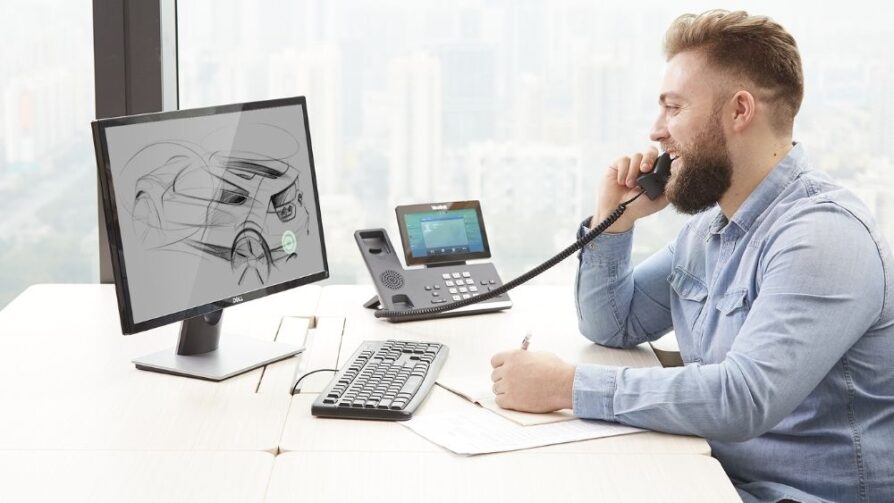Regulating Security Risks with Remote Staff
Whether providing equipment to remote workers or deploying BYOD systems, small business owners need to pay close attention to the security risks of each device. As more companies allow remote access, the likelihood of cyberattacks increases. The best way to regulate the security risks of remote workers is to create and educate your employees about security risks and policies, set up VPNs and two-factor authentication, and protect all communication and collaboration channels.
Regulating the security risks of remote workers is essential to avoid data breaches and hacks. As a small business owner, make sure you do everything you can to protect your business.

Security Measures for Remote Workers
1. Security Guidelines
If you don’t already have security guidelines set up for your remote workers, this is something you’ll want to create immediately. Cyber security policies are something that every remote worker needs to know. They need to know what is and isn’t allowed, how to contact the IT team, and what to do in the event of a data breach or hacker emergency.
2. Secure the Network
The most common way to protect your company’s network is to set up a VPN that remote workers can log in to. In this way, the network is kept secure and only authorized people are allowed in. You also need to make sure that all firewalls and other security measures are up to date in your network.
3. Inform Employees
Apart from network and password hacking, data breaches by phishing scams are common. Make sure your employees know what a phishing scam looks like via email, phone, SMS, and more. Telling your employees what to look out for can greatly help secure your business.
4. Two-Factor Authentication
Anything that remote workers need to log in to should be protected by two-factor authentication. Not only should passwords be longer than 8 characters, including uppercase and lowercase letters, numbers, and symbols, but there should also be a secondary way to make sure the person logging in is your employee. Having a code sent to the remote worker’s email or phone is also a good idea.
5. Secure Communication Channels
Having two-factor authentication for your VPN is good, but all communication and collaboration channels should also be secure. No matter how your employees communicate with each other while working from home should be non-hackable as sensitive information is often shared.
Want to learn more? Let’s talk. Contact our team at 843-236-6436.
Ready for IT that WORKS for your business?

- Managed IT Services
- Business Phone Systems
- Managed Print
- Cybersecurity
- Cloud Services
- Data Cabling
Schedule a 15-minute meeting with our team.
